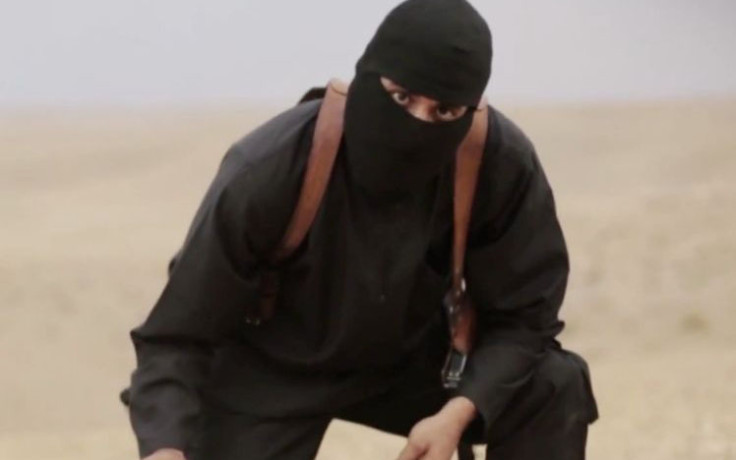US families now free to pay terrorists ransom for hostages says Obama administration

While the US government does not officially negotiate with terrorists to free American hostages, families who pay money to free captives will not be sanctioned or prosecuted, nor will they be threatened with criminal charges, according to a new policy.
The shift is part of a re-examination of American policy following the murder of American hostages held by Isis, and the consequent family anguish and complaints, reports the Washington Post. Some families said they felt abandoned by their government and were threatened with criminal charges by the administration if they attempted to pay ransom to win the release of loved ones.
Diane Foley, mother of murdered hostage journalist James Foley, publicly complained about the lack of help or information she received from the US government.
"We had to beg," Diane Foley told ABC News last year. "They really didn't have time for us."
Besides Foley, three other Americans have been killed by the Islamic State since last summer: journalist Steven Sotloff and aid workers Peter Kassig and Kayla Mueller. After the release of gruesome videos showing the beheadings of some hostages, Obama approved an airstrike campaign against Isis in both Iraq and Syria.
"The sense ... was that the administration could be more effective in delivering clear information, in some cases instructions, to the families of those who were going through this terrible ordeal," said White House press secretary Josh Earnest said. "So the sense was, this was a process that could be improved."
European states already pay ransoms
Many European nations routinely negotiate with kidnappers and pay ransom. The US policy not to negotiate with terrorists is aimed at discouraging more kidnappings and not contributing to funding militants so they can continue their operations.
But the policy isn't uniformly applied. The Obama administration did negotiate with the Taliban last year to win the release of Army Sgt. Bowe Bergdahl, who was captured after walking away from this post in Afghanistan. Five Guantanamo Bay detainees were exchanged as a condition of his release.
The deal was highly controversial and attacked by families of ignored hostages. "The people who take American citizens working abroad as hostages do not discriminate based on their job or employer, and neither should our government," said Elaine Weinstein in a statement. Her husband, Warren, an al-Qaeda hostage, was accidentally killed in a US drone strike in April.
Besides no longer threatening families with criminal prosecution for negotiating with hostage-takers, the government is also setting up a central clearing house, or "fusion cell," within the FBI to co-ordinate all government efforts concerning hostages and their families, reports NPR.
The Obama administration met family members ahead of the announcement of the changes on 24 June.
There will be no formal change to the current law, which makes it a crime to provide money or other material support to terror organisations. But the Obama administration will make clear in the details of its policy released Wednesday that the Justice Department has never prosecuted anyone for paying ransom — and that will continue to be the case.
© Copyright IBTimes 2025. All rights reserved.






















